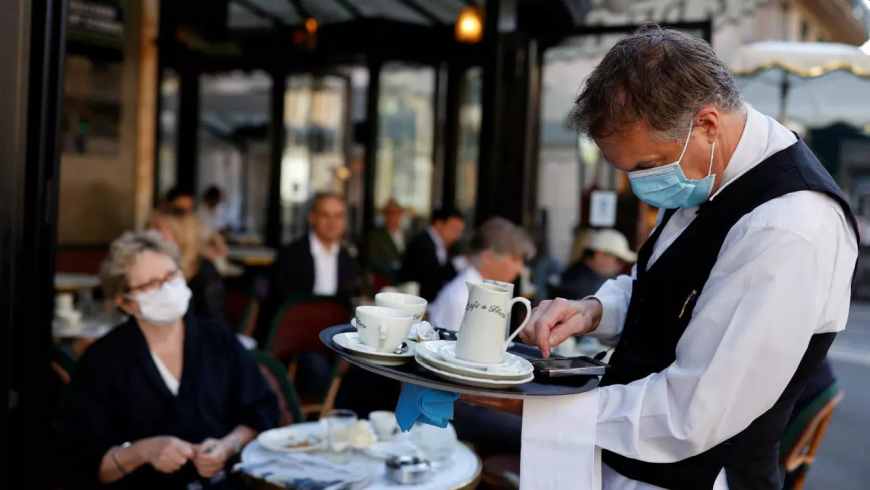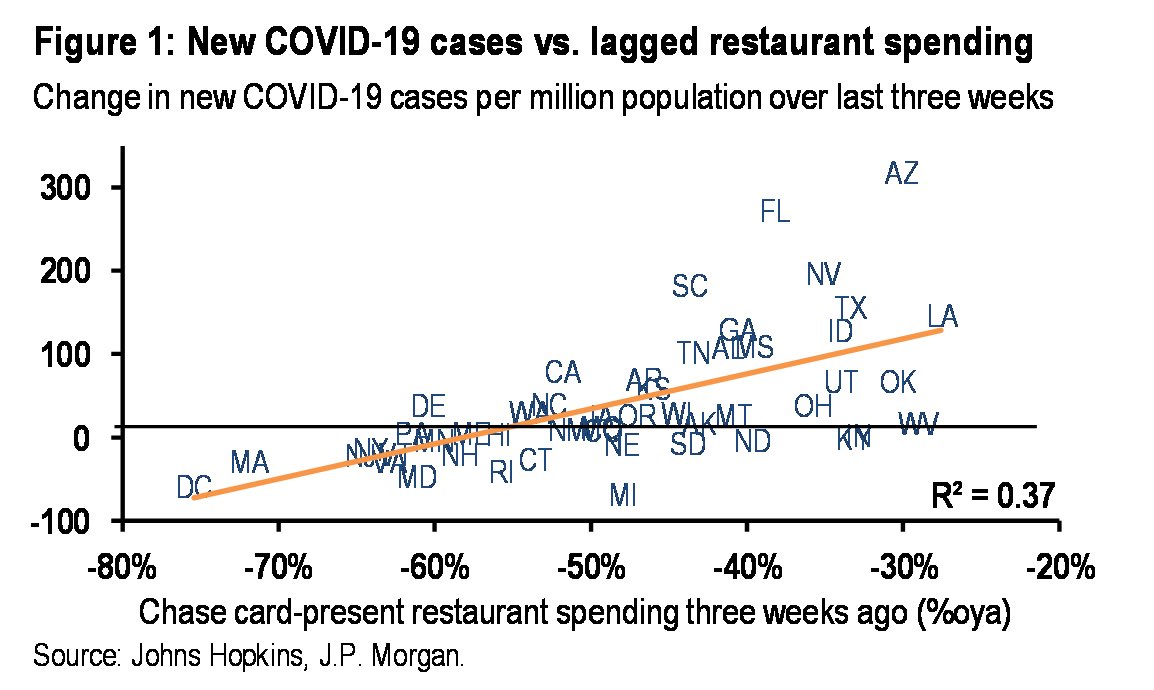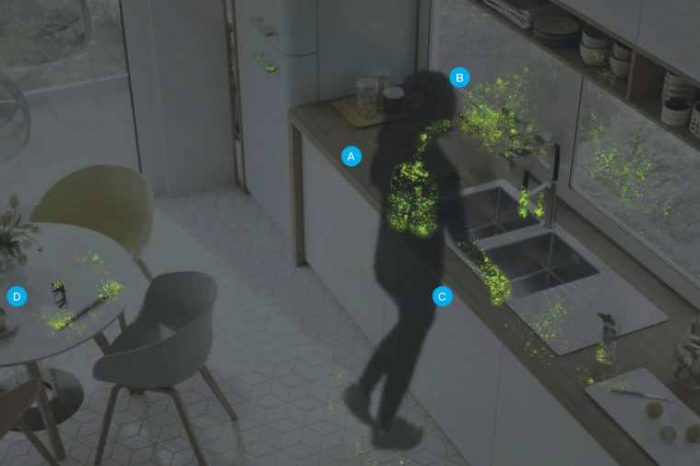There is a positive correlation between levels of in-person restaurant spending in the last 3 weeks and the spread of coronavirus, JP Morgan finds

Coronavirus cases are increasing in at least 37 states in the United States. Yesterday, Florida set a record with the state reporting over 11,000 new cases of coronavirus in just a single day. As states across the country begin to ease the coronavirus lockdown measures, many are now going to public places with more people going to bars and restaurants. However, could these places be the new hot pots for coronvirus?
Health experts attributed the sudden spike in coronavirus to young people not wearing protective face covering masks, their desire to gather socially and not following social distancing guidelines. In as much as these findings may be true, a new study from investment bank giant JP Morgan could offer new clues to the rise in coronvirus cases in the U.S.
The study, which was first reported by CNBC anchor Carl Quintanilla, finds a positive correlation between levels of credit-card activity three weeks ago and the spread of COVID-19.” Of all indicators, “the highest correlation .. is the level of “card-present” (essentially in-person) restaurant spending.
In a post on Twitter, CNBC anchor Carl Quintanilla provided a chart that shows a positive correlation between restaurant spending and COVID-19 cases per million population over the last three weeks in 22 states with high coronvirus cases. The results of JP Morgan study confirms an earlier study conducted in Italy which linked high rates of contagion to restaurants.

“JPMORGAN: “.. we find a positive correlation between levels of [credit-card] activity three weeks ago and the spread of COVID-19 since then.” Of all indicators, “the highest correlation .. is the level of “card-present” (essentially in-person) restaurant spending ..,” Carl Quintanilla said.
For the skeptics pointing out that correlation ≠ causation, here's additional data that confirm JP Morgan's.
In Italy, when they looked at rates of contagion, guess where the highest rates were, by far?
If you guessed restaurants, you are correct.
We knew this months ago: pic.twitter.com/q89uS2hn2O
— Annia Ciezadlo @annia.bsky.social (@annia) July 3, 2020
Are restaurants now the new coronavirus super-spreaders? The answer may be yes. According to another study conducted a team of researchers and data scientists, statisticians, and engineers from MITvsCOVID19 Datathon, the team found that sit-down restaurants, fast-food eateries and hotels as three of the most common so-called “super-spreader” businesses based on the frequency and duration of visits and the square footage of the businesses in a new “preprint” paper that has not yet been certified by peer review.
Excited to share that my team won the @MITvsCOVID19 Datathon! We used @SafeGraph data to construct a COVID-19 Transmission Risk Index to identify super-spreader businesses and are continuing to develop a data-driven policy to guide the reopening of non-essential businesses.
1/2 pic.twitter.com/yhm1heYoyk— Ashley O’Donoghue (@shley_odonoghue) May 18, 2020




